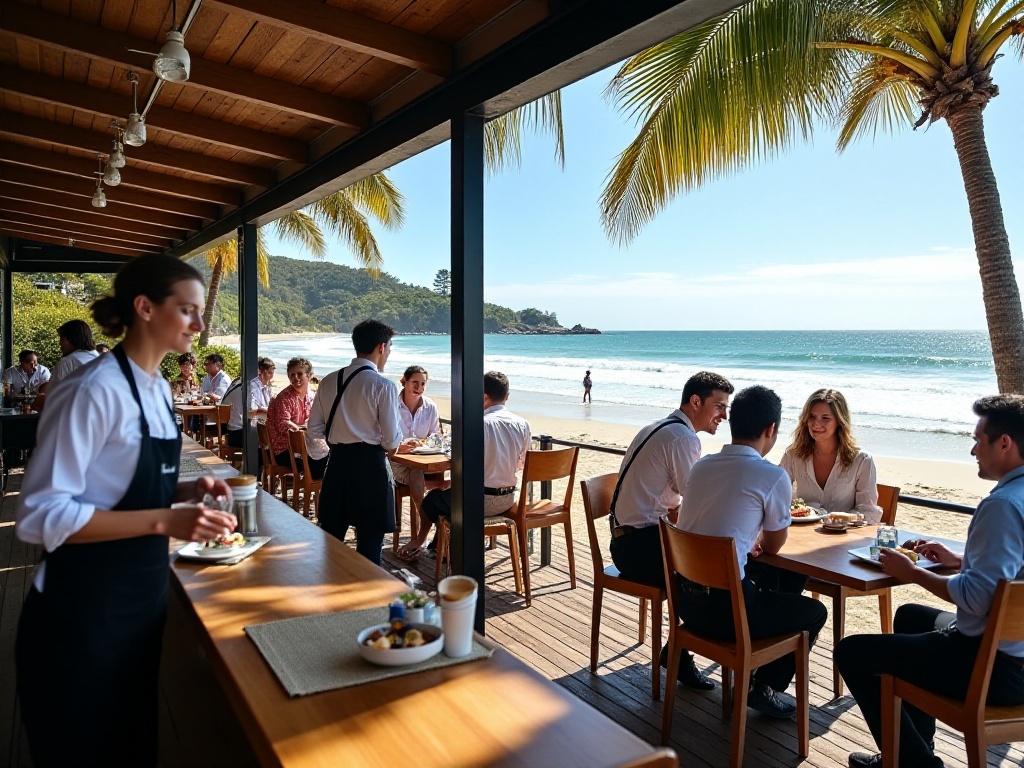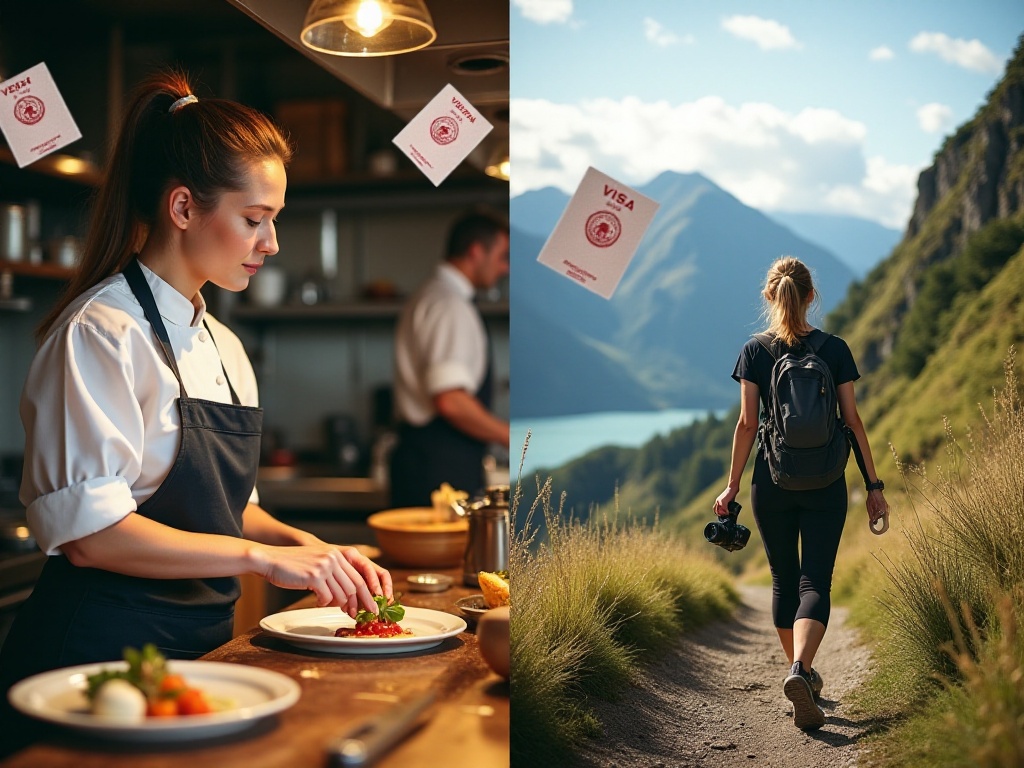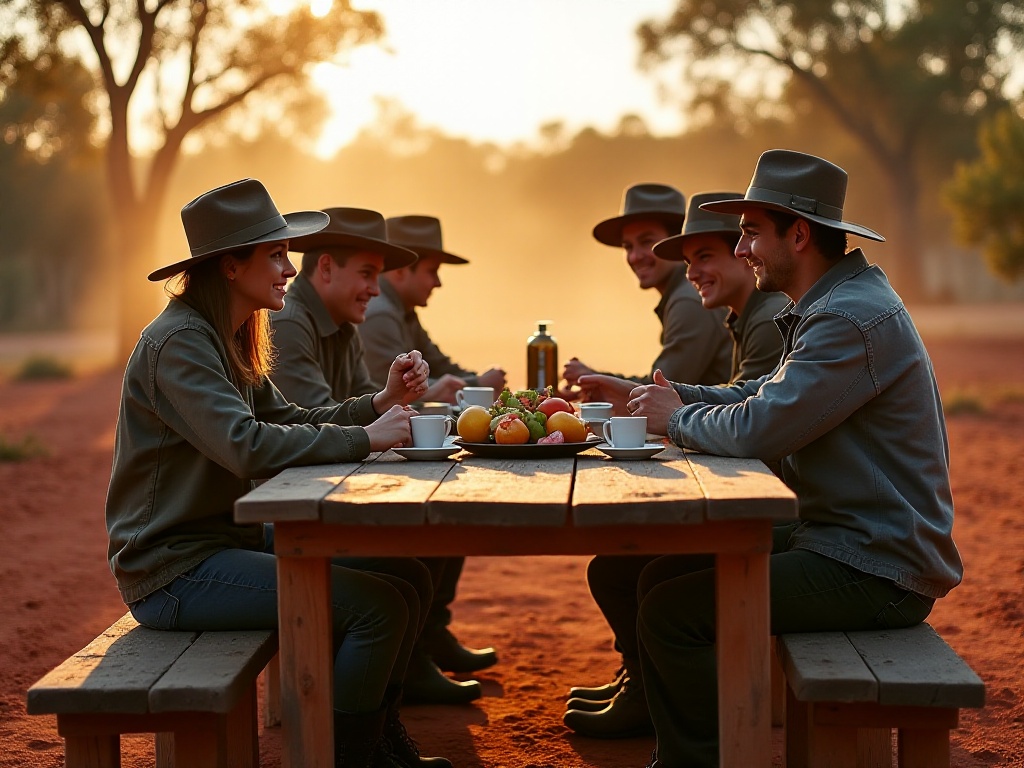
First Arrival in a Foreign Land
In the winter of 2023, filled with youth and dreams, I boarded a flight to Melbourne with a mix of anxiety and anticipation. As a post-95s graduate, I chose working holiday as a way to start a new chapter in my life. During the ten-plus hours flying from the Northern to Southern Hemisphere, countless thoughts crossed my mind: What would my future life be like? Could I find a job? Would my English be good enough?
I remember the moment I got off the plane, Melbourne's winter sunlight streamed through the terminal windows onto my face, warm and gentle. My first impression of this city was clean and tidy, with tall eucalyptus trees lining the streets, their fragrance wafting through the air.
I had booked a backpackers' hostel in the city center online and reached it after about twenty minutes following the navigation. Though the hostel facilities were basic, it was clean and tidy, and most importantly, had a communal kitchen where I could cook. My roommate was a girl from Korea, and although neither of us spoke great English, we quickly became friends.
Job Hunting
Looking back, finding my first job in Melbourne was quite an interesting experience. In my first week, I submitted at least 50 resumes. Every morning at eight, I would get up, print resumes, put on formal wear, and start my job-hunting journey with a map in hand. Cafes, restaurants, supermarkets - I would walk into any place with a hiring sign and smile saying: "Hi, I'm looking for a job. Are you hiring?"
I spent my days walking the streets and nights applying online. I remember using several job websites: Seek, Indeed, Gumtree, refreshing them multiple times daily, afraid to miss any opportunity. Sometimes I'd spot "Staff Wanted" signs on storefronts and would immediately walk in.
After a marathon week of resume submissions, I finally found a server position at a small cafe in Fitzroy. Fitzroy is one of Melbourne's most artistic areas, with graffiti-covered walls, boutique cafes, and vintage clothing stores, full of Melbourne's unique artistic vibe.
I clearly remember my interview day. The owner Marco was an Italian-Australian with a carefully trimmed beard who talked with animated gestures. During the interview, he asked, "Do you have cafe experience?" I honestly answered no. He smiled and said, "That's okay, what matters is your willingness to learn." And that's how I started my first overseas job.
Marco later told me he hired me because of the honesty and enthusiasm for learning I showed during the interview. In Australia, employers value attitude more than experience. If you're willing to learn and show enough enthusiasm, opportunities will come.
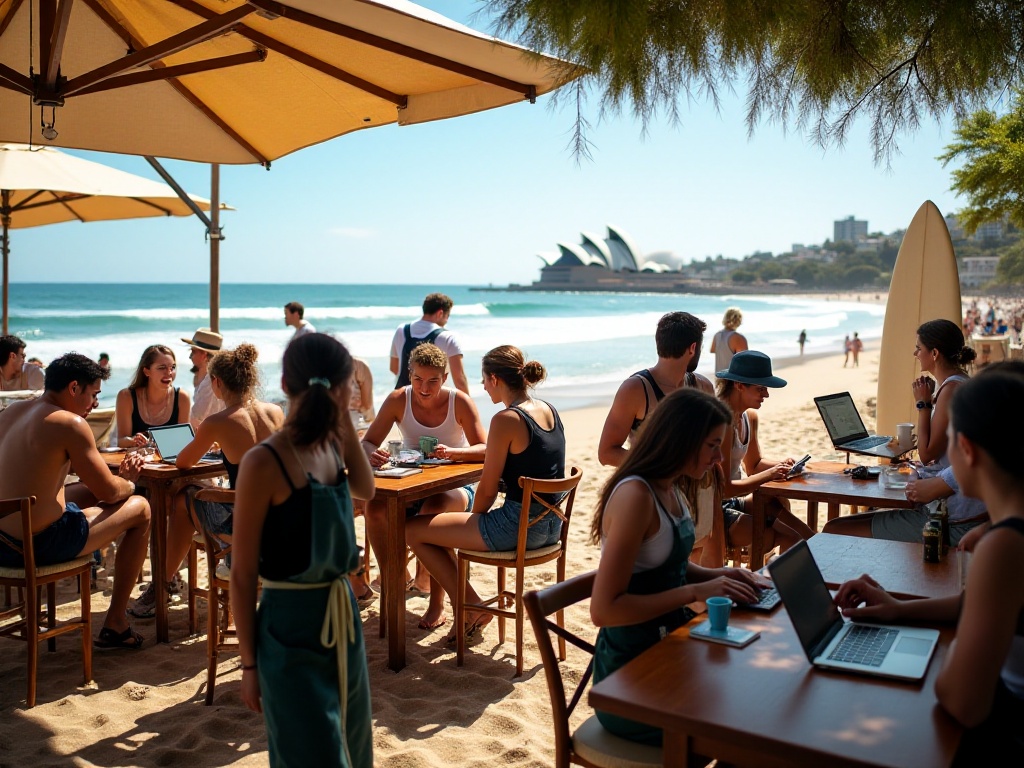
Daily Work Life
Working in a cafe is no easy task. We had to be at the shop at 6 AM to prepare for opening, which meant getting up at 5:30 AM. Melbourne winters are quite cold, with temperatures often in single digits in the early morning, and I would hurry through the not-yet-fully-awake streets wrapped in my thick down jacket.
The first task upon arriving was turning on the heating, then starting the day's preparations: wiping tables, setting cutlery, checking the coffee machine, restocking ingredients. Our coffee beans were specially selected by Marco, Arabica beans from Brazil, and we had to ensure the coffee machine was filled with fresh beans every morning.
We opened at 7 AM, with breakfast time being the busiest part of the day. Melbourne people love their early morning coffee, with many office workers stopping by before work. During peak hours, the whole shop would be bustling with noise, and I had to handle orders from multiple tables while maintaining a smile. At first, I often got orders wrong, sometimes even embarrassingly misunderstanding customers' accents.
I remember once, a customer ordered a "Flat White" in a heavy Australian accent, but I didn't understand and thought he said "Black Coffee." When I served it, the customer looked at me puzzled. Fortunately, Marco noticed the problem and helped me make a new cup. After that, I began paying special attention to learning different accents, and now I can distinguish between British, American, Australian, and various other English accents.
You know what? Australians are incredibly particular about their coffee. Flat White, Long Black, Cappuccino - each type has its specific preparation method and standards. For instance, a Flat White needs fine, uniform milk foam and coffee temperature around 65 degrees - too hot ruins the flavor, too cool lacks impact. It took me a whole month to truly master all the coffee differences.
Marco was a great teacher, patiently teaching me how to make each type of coffee. From coffee bean grinding level to extraction time to milk frothing angle, every detail mattered. He said, "A good coffee isn't just a beverage, it's an art."
Lunch time was also busy, with many office workers coming in. Our homemade sandwiches and salads were the most popular items. All ingredients were freshly purchased every morning, and bread was custom-ordered from a nearby bakery. Marco particularly emphasized ingredient quality, saying it was key to a cafe's success.
After 3 PM things would slow down, and we'd start preparing ingredients for the next day, like cutting vegetables and marinating meat. Marco would also take time to teach me latte art techniques. Honestly, latte art is really difficult - it took me several months of practice to barely make a decent heart shape.
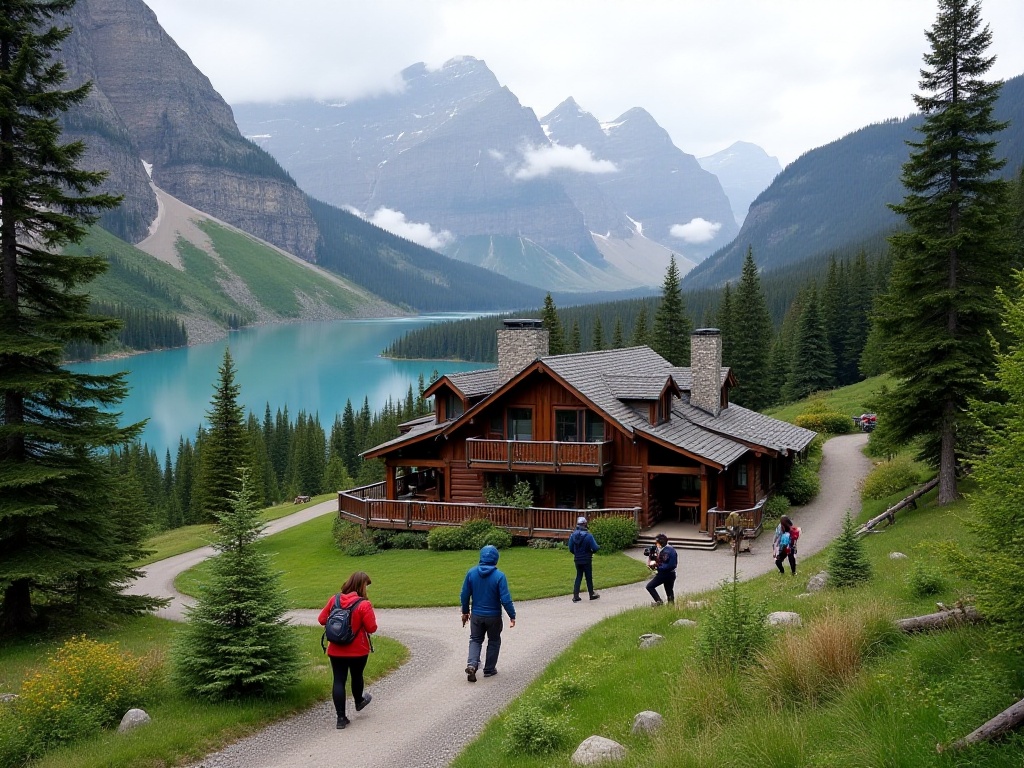
Culture Shock
During my time at the cafe, my biggest gain wasn't learning to make coffee, but truly experiencing Australian work culture. For instance, colleagues here are very casual with each other, even with the boss. During lunch breaks, everyone would eat and chat together, sharing their stories. Our shop had colleagues from Italy, New Zealand, and Korea, each with their unique experiences.
Marco often organized team-building activities, sometimes barbecues at the beach, sometimes watching sports at bars. He'd say, "We're not just colleagues, we're family." This atmosphere made me feel especially warm, without any workplace pressure or hierarchy.
Interestingly, I found Australians particularly value work-life balance. Once when I volunteered to work overtime, Marco instead advised me, "Life isn't just about work, go out and see the world." This perspective gave me a new understanding of life. In China, I always thought working overtime showed dedication, but in Australia I discovered work efficiency and time investment aren't directly related.
Australians' vacation concept also shocked me. During Christmas, the whole city basically shuts down, with many shops closing for two to three weeks. Marco said this is Australian tradition, everyone needs enough time with family. This pursuit of life quality is truly worth learning from.
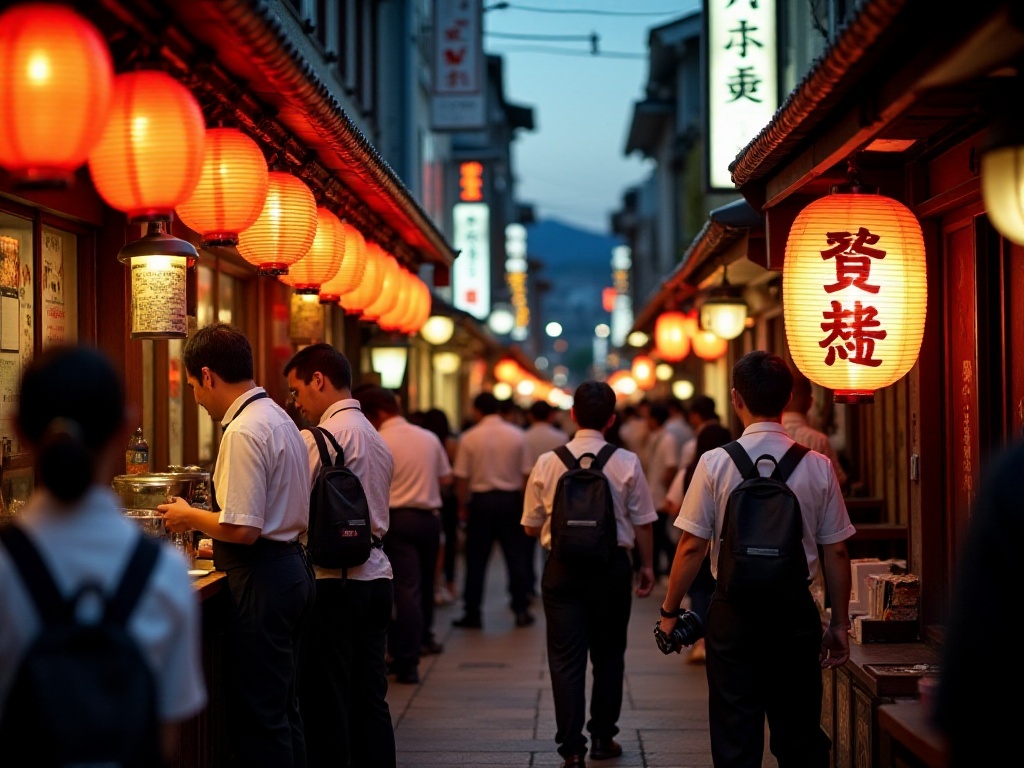
Salary and Benefits
Regarding salary, I must share specific figures. As an entry-level server, my hourly rate was 22 AUD (about 105 RMB), with 1.5 to 2 times overtime pay for weekends and holidays. On average, working 38 hours per week, my monthly income was between 3500-4000 AUD (about 16800-19200 RMB).
Australia's wage system is very standardized, with payments every two weeks directly to bank accounts. We also had paid leave, sick leave, and other benefits. Most importantly, all overtime pay was strictly paid according to regulations, without any wage deductions.
Pay slips detailed basic salary, overtime pay, taxes, and other items. Australia's tax system is complex but very transparent. I paid about 20% in taxes monthly, but could apply for a tax return at the fiscal year-end.
After deducting rent (250 AUD weekly), daily expenses (200 AUD weekly), I could save 1500-2000 AUD monthly. While not high income in Melbourne, it's quite good for a working holiday maker. My rent included utilities and internet, sharing a two-bedroom apartment with a Korean girl.
Daily expenses mainly included groceries, transport, and communication costs. In Australia, cooking at home is much cheaper than eating out. I usually bought weekly groceries at Victoria Market, where produce is fresh and cheap. For public transport, I got a Myki card, spending about 30-40 AUD weekly. For phone service, I chose a prepaid plan at 30 AUD monthly, including unlimited calls and 20GB data.
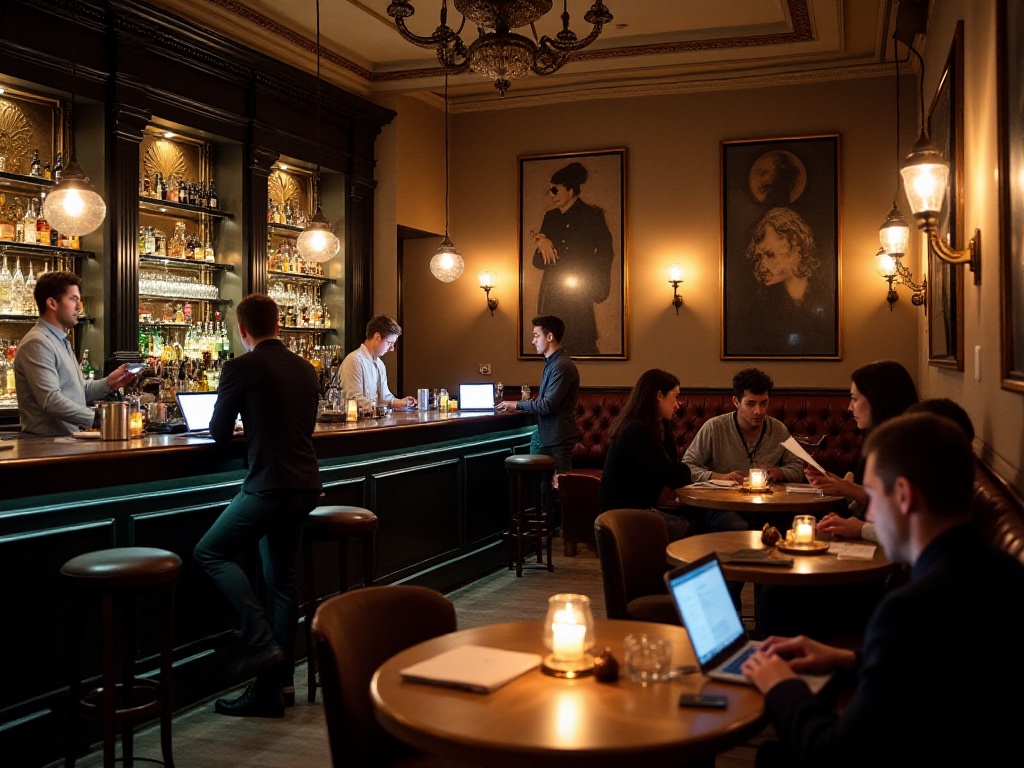
Life Experiences
During my year in Melbourne, I witnessed the changing seasons. In spring, the city was dotted with purple jacaranda trees, making streets feel like a fairy tale. During this time, my social media would be flooded with jacaranda photos.
Summer in Melbourne was exceptionally lively, with beaches packed with surfers, St Kilda Beach being the most popular spot. I often walked on the beach after work, watching the sunset sink into the sea, feeling the fresh sea breeze. Sometimes I'd see little penguins waddling back to their nests, a sight that always made me smile.
Autumn parks were covered in golden leaves, with the Royal Botanic Gardens being perfect for autumn viewing. On weekends, many people would bring picnic blankets, enjoying lazy afternoon hours. I often joined friends, bringing sandwiches and fruits, sunbathing and chatting on the lawn.
Winter was a bit cold but still sunny. Melbourne rarely snows in winter, mainly having rainy weather. However, without heating facilities, indoors was often colder than outdoors. I remember wearing thick pajamas and wrapping myself in blankets to sleep when I first arrived.
On weekends, I'd visit various markets. Melbourne's famous Queen Victoria Market and South Melbourne Market have fresh produce, handicrafts, and street performances. I particularly enjoyed wandering through markets, checking out various stalls, listening to street artists perform.
Sometimes we'd drive the Great Ocean Road with friends. It's one of the world's most beautiful coastlines, with breathtaking scenery. The Twelve Apostles is a must-see spot, with huge rock pillars standing in the sea, especially spectacular in sunlight. We often stopped at roadside towns, tasting local seafood, experiencing the leisurely town life.
Gradually, I found myself increasingly enjoying this relaxed lifestyle. In Melbourne, people don't sacrifice life for work, they know how to enjoy every moment. The quality of life here is high, and though the pace is slower, it's more fulfilling and happy.
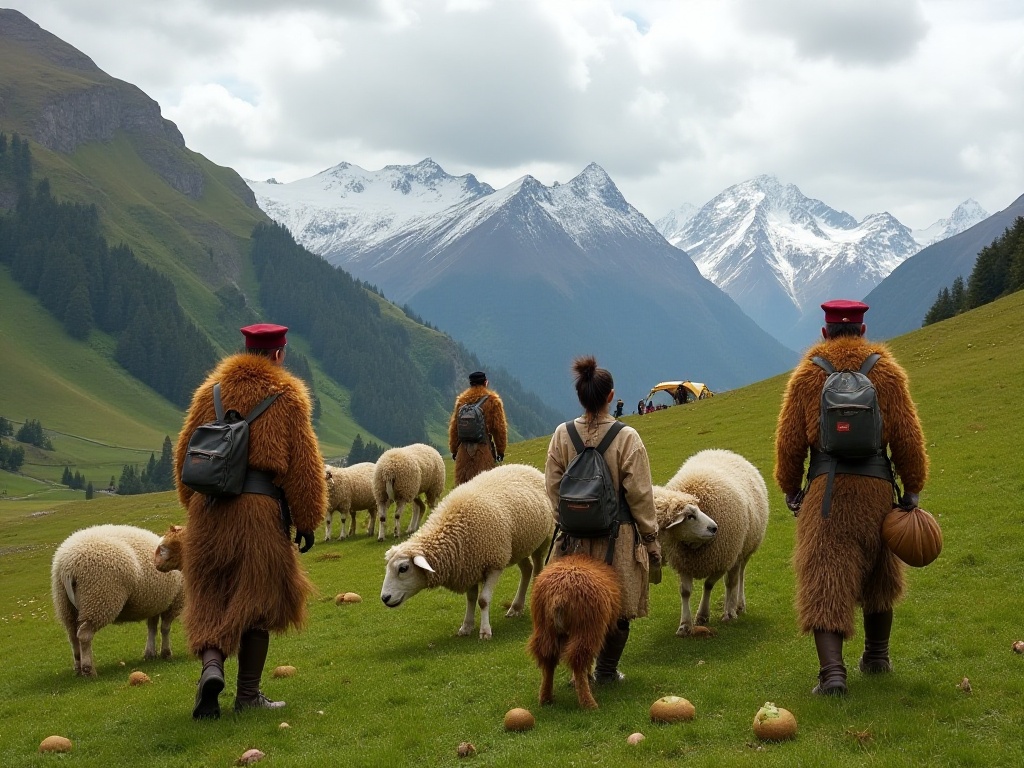
Gains and Reflections
This year of working holiday taught me independent living, improved my English, and helped me make friends from around the world. Most importantly, it clarified my future plans.
Language-wise, I improved tremendously. Initially nervous even ordering coffee, I can now chat easily with customers. Encountering various accents at work greatly improved my listening skills. Daily English communication with colleagues made my speaking more natural and fluent.
Independent living made me more mature. From initially finding housing, opening bank accounts, applying for tax numbers, to later financial planning and time management, each step was valuable life experience. I learned how to take care of myself in a foreign country and seek help when needed.
Most touching were the friends I made here. Working holiday makers from different countries, though from different cultural backgrounds, shared similar dreams and expectations. We'd share foods from our countries, discuss cultural differences - this cross-cultural exchange broadened my horizons.
If you're considering working holiday, my advice is: take that brave first step. Of course, prepare well before leaving. For instance, prepare at least 15000 AUD startup funds to cover living expenses while job hunting. Getting proper insurance is important, as Australian medical costs are high and risky without insurance.
Preparing a detailed resume is key to finding work. Highlight your work attitude and learning ability, as many employers value these soft skills more. Previous relevant experience helps but don't be deterred if you don't have any.
Language-wise, while high scores aren't necessary, basic communication ability is essential. I recommend watching English videos before departure, practicing speaking, especially familiarizing yourself with common daily vocabulary and expressions.
This experience taught me life needn't be limited to one lifestyle. Sometimes, stepping out of your comfort zone to experience a completely different life might bring unexpected joy. This year abroad not only deepened my self-understanding but also filled me with confidence for the future.
Now, I'm more independent, confident, and better at enjoying life than a year ago. This working holiday experience will always be one of my most precious life memories.
Do you have working holiday plans? Feel free to share your thoughts in the comments.
Next
The Great Resurgence: International Business Travel's Triumphant Return
In the wake of a global pandemic that brought the world to a standstill, a new chapter in international business travel is unfolding. As borders reopen and economies rebound, the corporate world is witnessing a renaissance of global mobility, driven by an insatiable appetite for face-to-face interactions and the irreplaceable value of in-person connections.
Complete Guide to New Zealand Working Holiday: How to Exchange Work for a Deep Travel Experience
A comprehensive guide to working holiday programs, covering core concepts, visa requirements, eligibility criteria, and practical applications with detailed examples from Australia and New Zealand working holiday schemes
Complete Guide to Working Holiday Visas: Travel the World While Earning Money - A First Travel Guide for Young People
A comprehensive guide to Working Holiday programs, covering visa requirements, popular destinations including Australia and New Zealand, employment opportunities, and support services for participants aged 18-30
Next
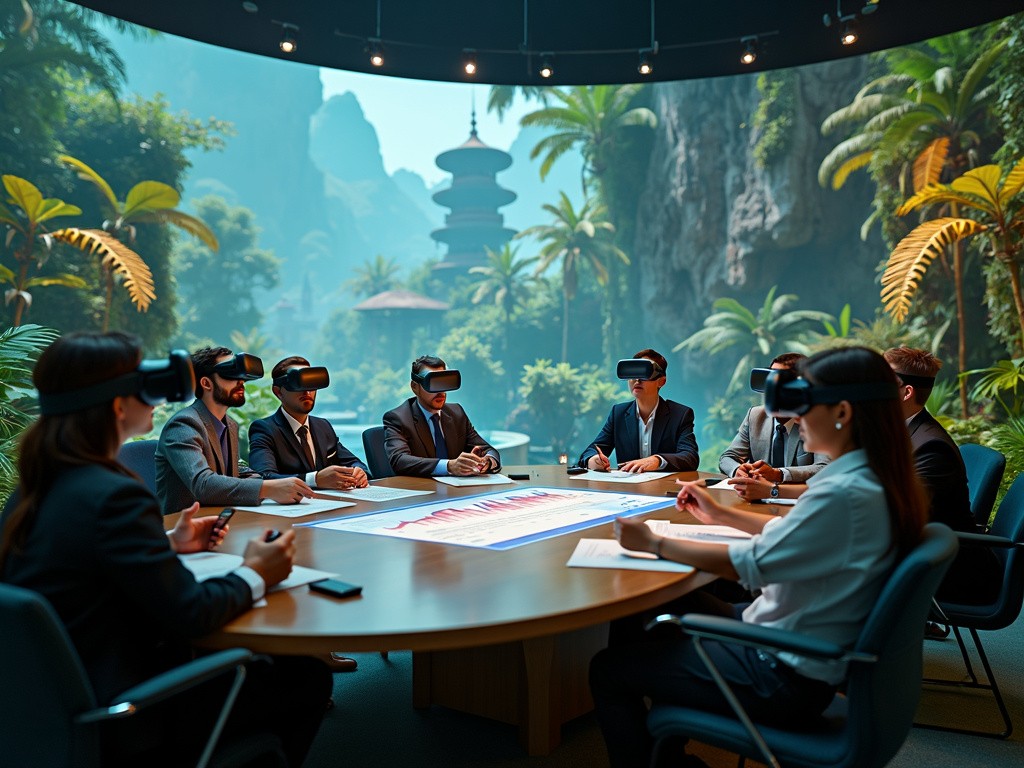
The Great Resurgence: International Business Travel's Triumphant Return
In the wake of a global pandemic that brought the world to a standstill, a new chapter in international business travel is unfolding. As borders reopen and economies rebound, the corporate world is witnessing a renaissance of global mobility, driven by an insatiable appetite for face-to-face interactions and the irreplaceable value of in-person connections.
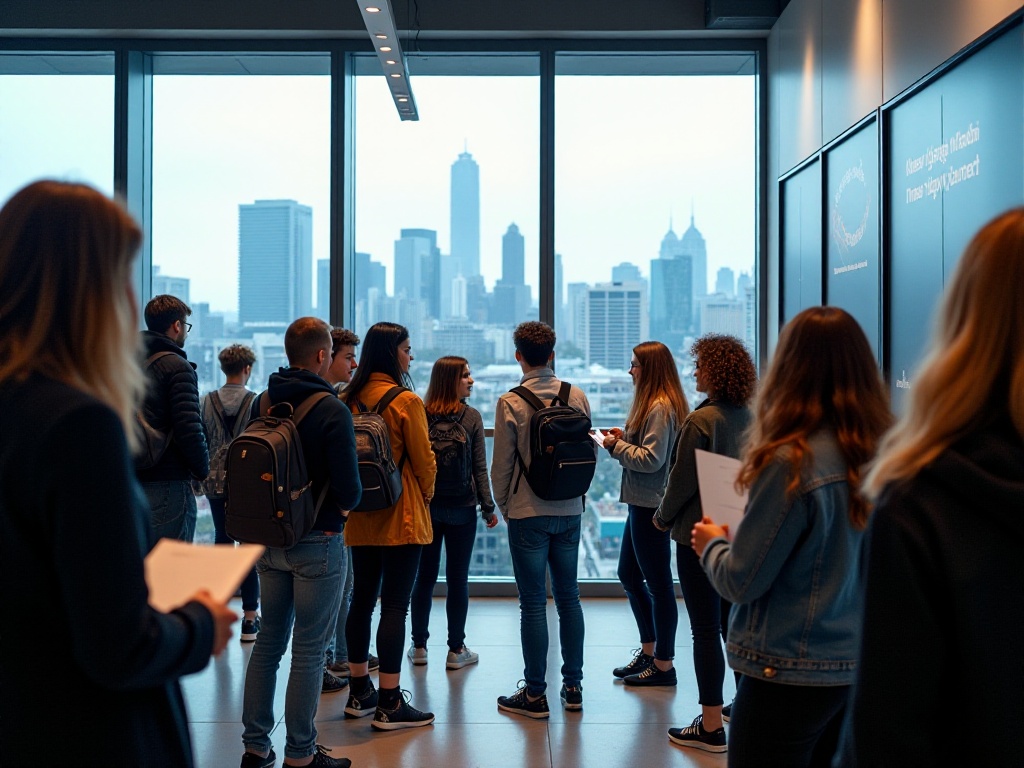
Complete Guide to New Zealand Working Holiday: How to Exchange Work for a Deep Travel Experience
A comprehensive guide to working holiday programs, covering core concepts, visa requirements, eligibility criteria, and practical applications with detailed examples from Australia and New Zealand working holiday schemes
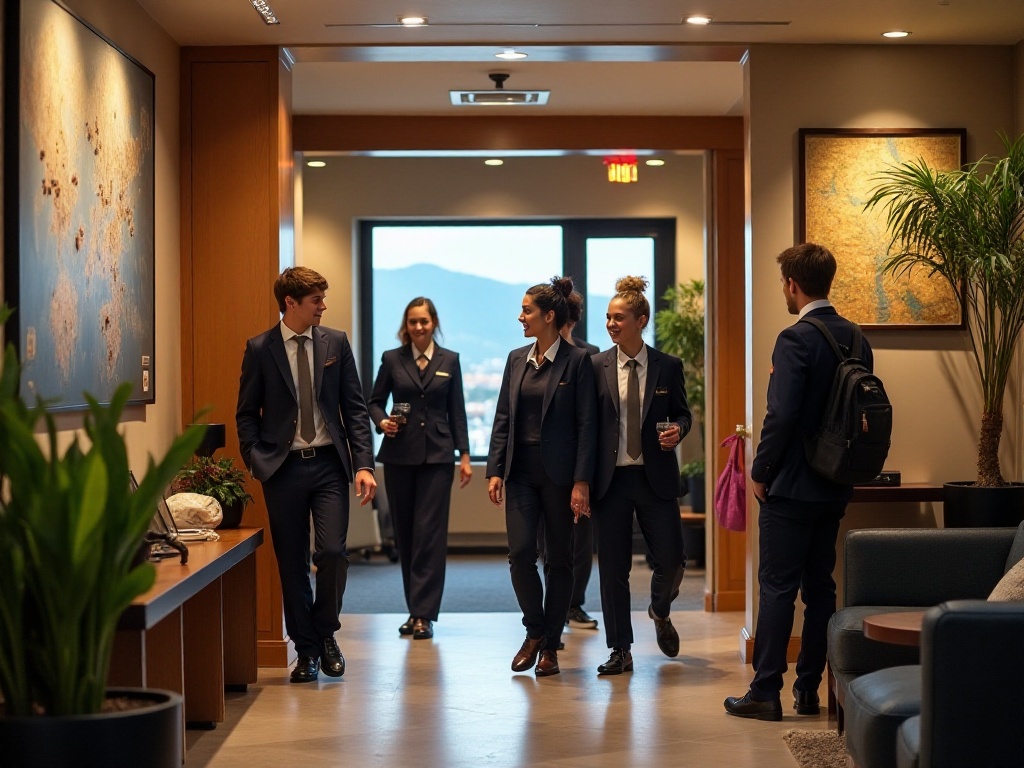
Complete Guide to Working Holiday Visas: Travel the World While Earning Money - A First Travel Guide for Young People
A comprehensive guide to Working Holiday programs, covering visa requirements, popular destinations including Australia and New Zealand, employment opportunities, and support services for participants aged 18-30

